Queensland makes gender optional on birth certificates
Teenagers older than 16 will be able to change sex on their Queensland birth certificate without parental consent.
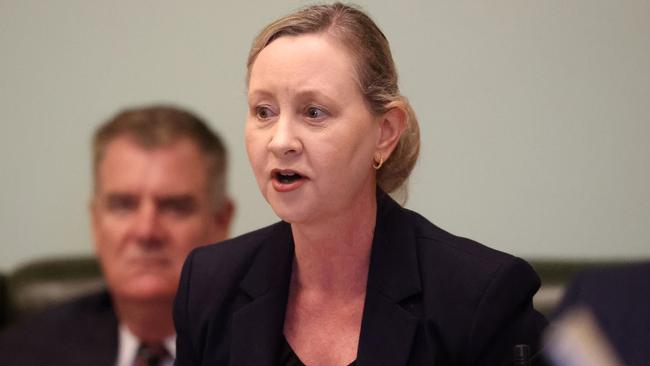
Sexual reassignment surgery will no longer be mandatory for adults and teenagers wanting to change sex on their Queensland birth certificates under new laws that were expected to pass state parliament on Wednesday night.
The transgender reforms, opposed by the Liberal National Party, will also give parents the option not to list any gender on their newborn’s documentation.
Children older than 16 will be able to legally self-identify as another sex without parental consent, as long as they have a supporting statement from an adult who has known them for at least a year. Those aged 12 to 15 will require their parents’ permission to change their birth certificate, but can apply to the courts if their parents do not support an application.
Attorney-General Yvette D’Ath said the opt-in approach for listing sex on birth certificates was designed to “give people the greatest agency over what information they want recorded”.
“Providing these protections to trans and gender-diverse people does not pose a threat to others,” she said.
Critics of the reforms say self-identification would impede on the right to privacy in “female-only spaces” such as toilets, change rooms and prisons.
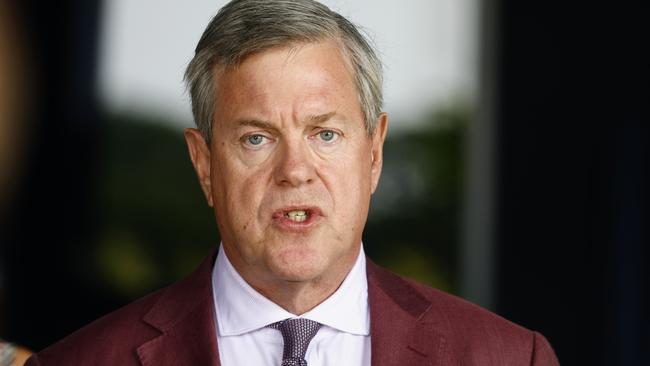
LNP justice spokesman Tim Nicholls said the opposition would not support the legislation, in part due to “significant and genuine” reservations about allowing children to change their sex descriptor.
“Children under the age of 16 are often ill-equipped psychologically to make such a large and life-changing alteration to their sexual identity and we should go down this path, as I said in my very early introduction, with caution and consideration,” he said.
Ms D’Ath said the reforms were not “dangerous or reckless” and had been adopted in other states. “It follows in the footsteps of reforms which most other Australian jurisdictions have already progressed,” she said.
“Queensland is one of the last Australian jurisdictions to progress reforms in this area, so we were also able to look at the models established in other jurisdictions and learn from them.”
Tasmania became the first state to make gender optional on birth certificates in 2019.
However, Queensland will not require a medical statement from a doctor or a psychologist, which will be required in Western Australia under its laws and has already been adopted in South Australia, the ACT and the Northern Territory.




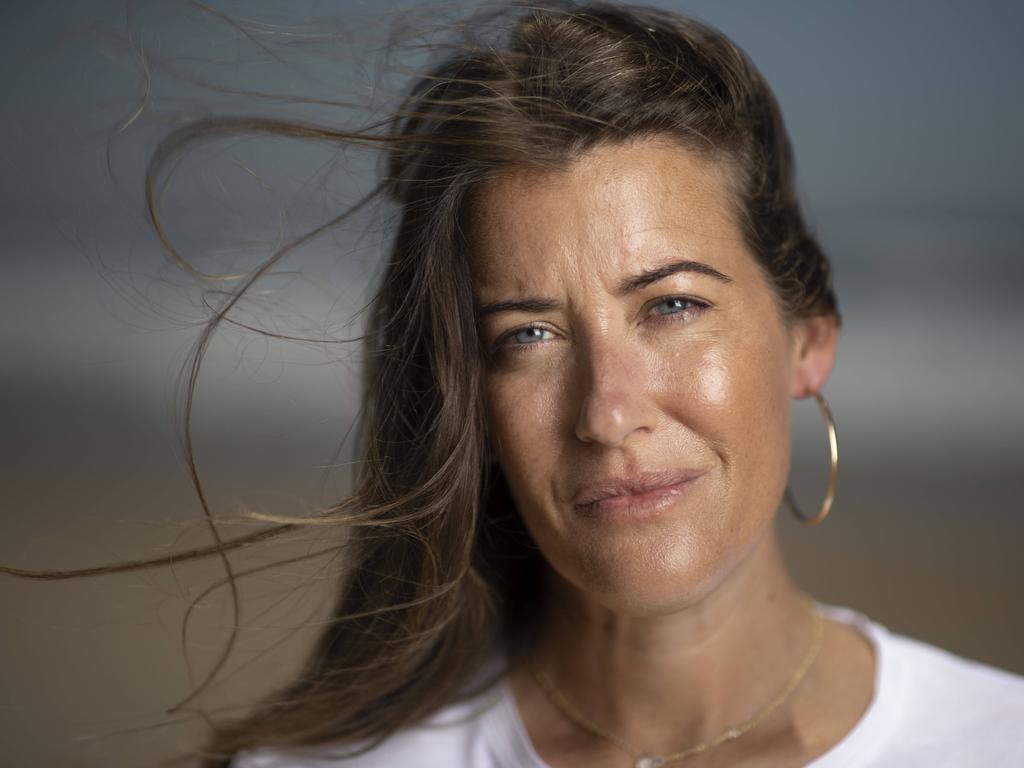

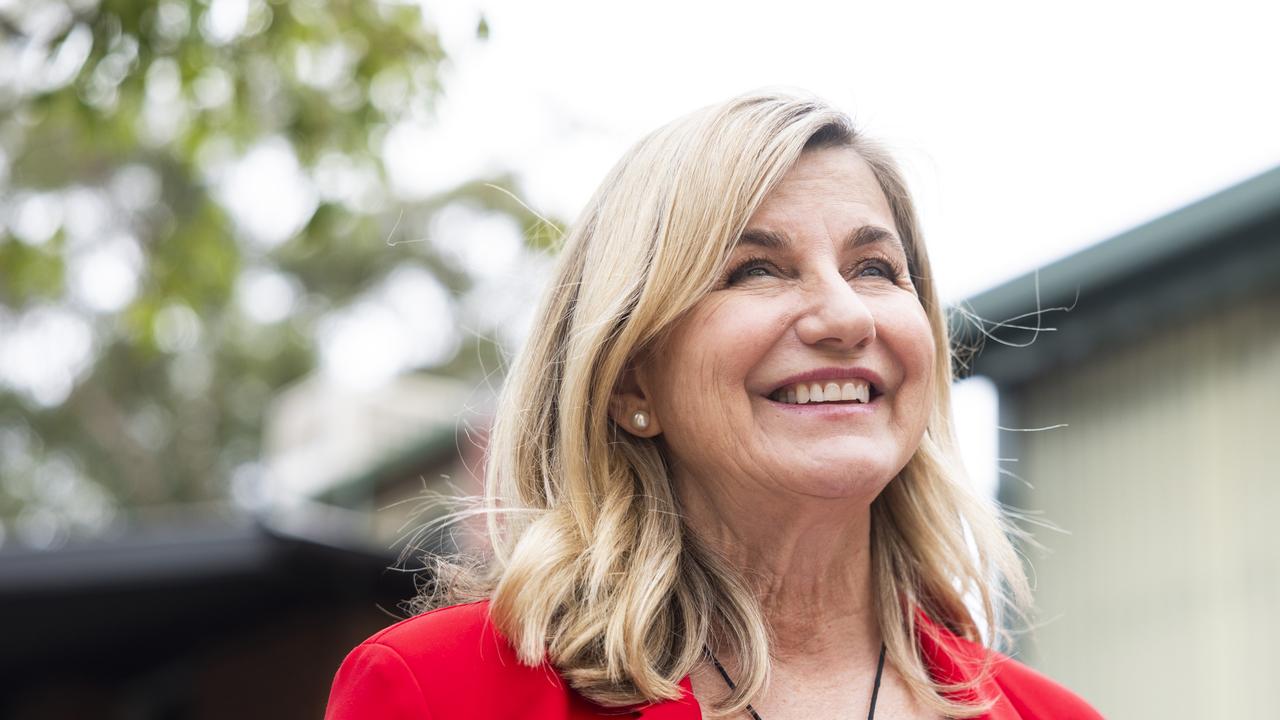
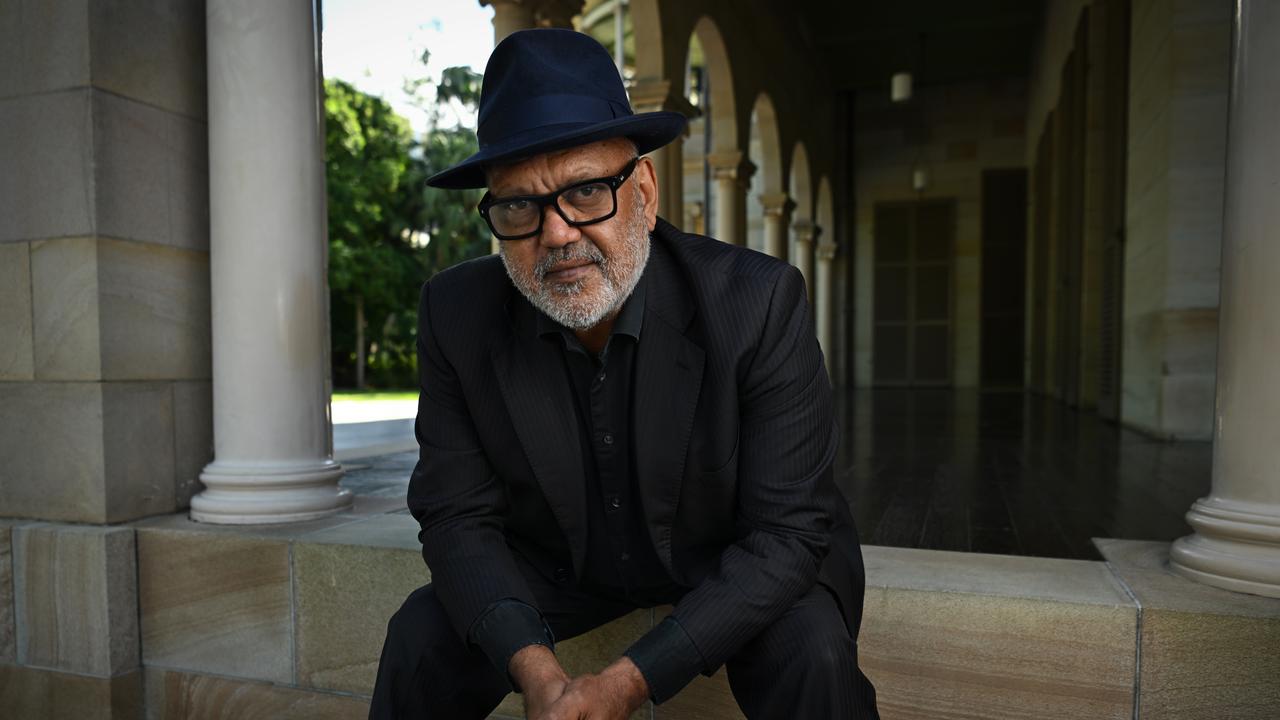
To join the conversation, please log in. Don't have an account? Register
Join the conversation, you are commenting as Logout